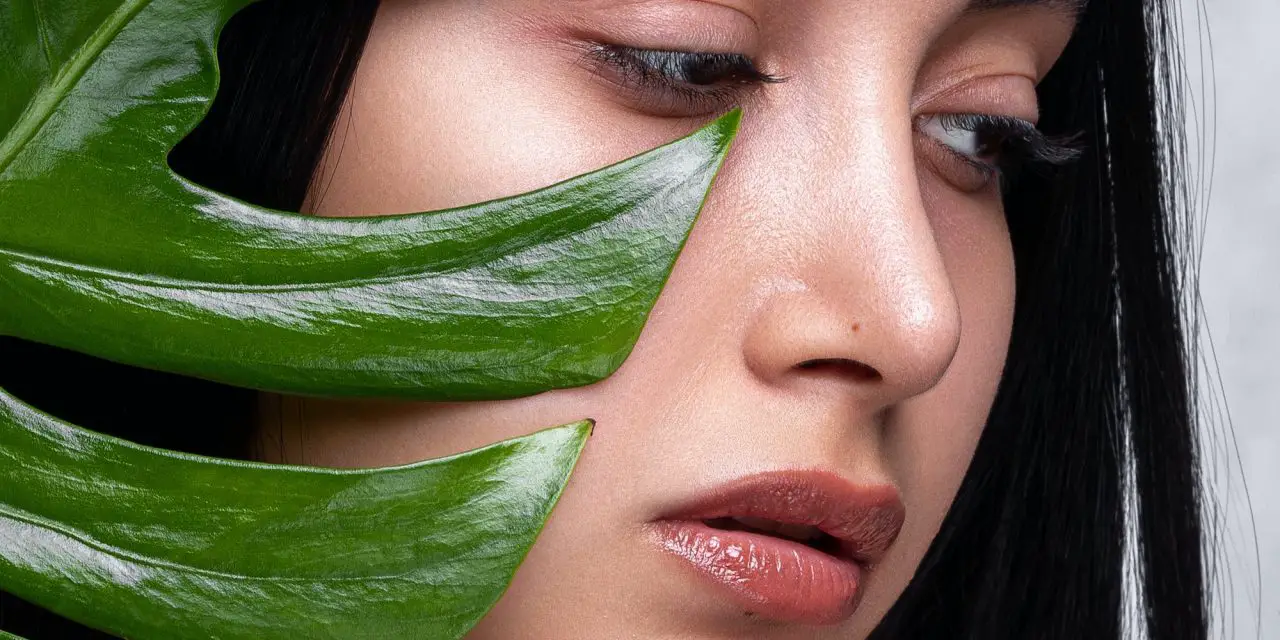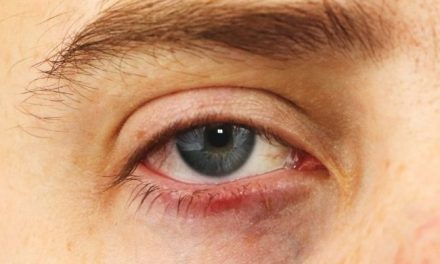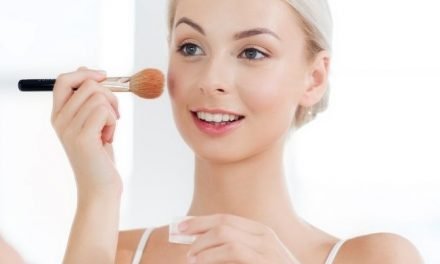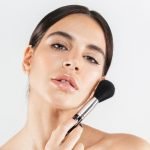Hey Beautiful! This site is reader-supported and we earn commissions if you purchase products from retailers after clicking on a link from our site.
By now, it is likely that you have either heard of retinol, tried retinol, or you are a religious user of retinol. We all know retinol has become one of the latest hypes in the beauty industry, and when it comes to skincare and anti-aging products, having some form of retinol in your skincare routine is an absolute must.
However, like most beauty products and global trends, we are quick to jump on board, but do we really know that much? You may have one a bit of background research, but incorporating something into your skincare routine can be just as important as releasing you need to cut something out of it.
Seeing the benefits of a product can start with the basics – knowing how to actually use the product to its full potential. Most of us have some form of routine, but when it comes to frequency, quantity, and application, we usually just slap it all on our face and hope for the best.
When it comes to retinol, knowing when to use it in your routine, how to use it, and how often to use it, can make all the difference to you reaping the benefits of retinol.
So, today I am going to talk you through the basics of how to use retinol, how often to use it, and whether or not retinol is the right product for you.
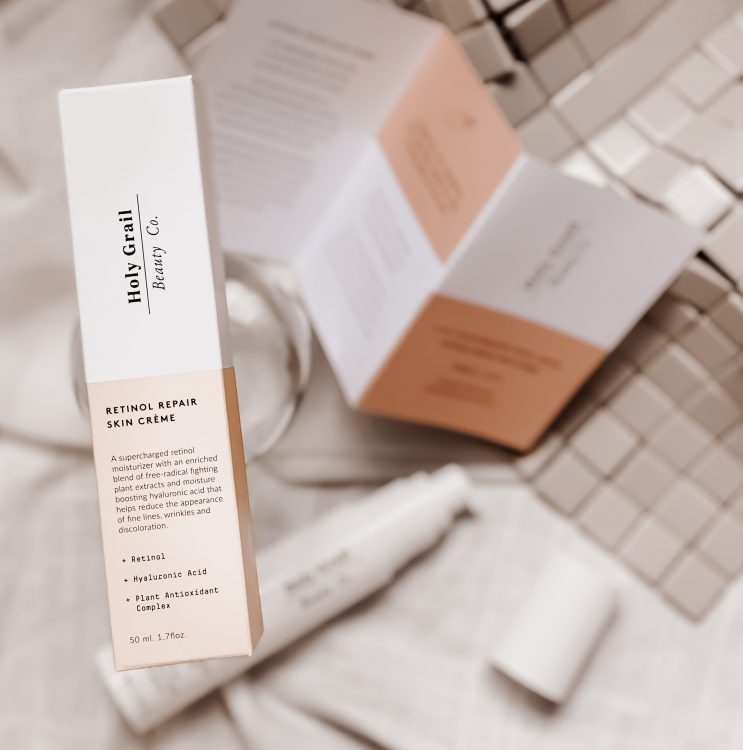
What is retinol?
Before we get onto anything, if you are one of the lucky people who hasn’t been consumed by the beauty industry, and you haven’t yet heard of what retinol is, then have no fear, I am here to help!
Retinol is a formula that is derived from vitamin A and falls under the broader category of retinoids. Whilst approved in the 1970s for acne treatment, it is now more commonly used to promote skin cell turnover. This not only helps to prevent the blocking of pores, but can help defend against aging whilst helping your other skincare products to penetrate better.
Retinol contains a number of benefits for the skin which is what makes it such a popular product. Not only is a higher dosage of retinol used to help treat acne, but it can be used to clear pores, increase collagen, promote elasticity of the skin, decrease hyperpigmentation, and brighten your skin. The most popular benefit of retinol is it helps diminish and prevent fine lines and wrinkles.
It works as a fantastic and easy way to help prevent aging of the skin. It also brings a healthy glow in the meantime, allowing your other skincare products to be boosted. This means you not only get the most out of retinol, but helps maximize everything else you are investing into your skin as well.
Can you use too much retinol on your face?
Retinol can come over the counter or it can be prescribed. Knowing the right amount to use can be very important. Retinoids come in a variety of forms, and the amount of collagen in retinol can increase. As you age, your body produces less collagen and so using retinol can help to substitute this.
Retinol can range from 0.25% strength to 1% strength if bought over the counter. But it can come in higher strengths if prescribed. This can help treat more severe skin conditions such as acne.
The strength of retinol to use is dependent on the reasons for your usage. If you have not been prescribed retinol and you are simply using it to boost your skincare, you should start with a low dosage and ease yourself in.
Going in too strong can cause redness, dryness, and skin sensitivity in the first couple of weeks. Once your skin becomes prone to the use of retinol you will see these side-effects fade. However starting with a lower strength can help avoid this.
In terms of how much to use, this will depend on the product type and product brand. Typically, people tend to use retinol in serum form. Using enough to lightly cover your face will be fine. A few drops does go a long way. Your face should be covered but not drenched in the serum.
Can you use retinol everyday?
To see the greatest benefits from retinol, you should be using it everyday and creating some form of routine with this.
Because of the cell turnover caused by the vitamin A, retinol can make your skin a lot more sensitive to the sun. So it is recommended to use retinol before you go to bed to allow your skin to settle before exposing it to the sun.
If you do use retinol daily, you will see the effects a lot quicker and they will be a lot more successful. However, if you are often in the sunshine or you enjoy using tanning beds, retinol may not be a sensible product of choice due to the sensitivity.
If you begin to notice redness and itching then you should consider lowering the strength of your retinol, as opposed to using it less frequently.
Is retinol safe for long-term use?
So long as you find the correct strength for your skin, retinol is one of those treatments that you probably won’t ever stop using. It is recommended to use retinol continuously once you have started. This is where you will really reap the benefits.
However, it is a product you need to use responsibly, particularly if you spend a lot of time in the sun. The sensitivity that comes alongside retinol means that for short or long-term use, you also need to consider using other products alongside retinol to maintain skin protection. Using a higher SPF can be one of the best ways to do this.
There is currently no research to suggest that retinol is unsafe to use for long-term use. But lots of research do suggest it should be used continuously once incorporated into a skincare routine.
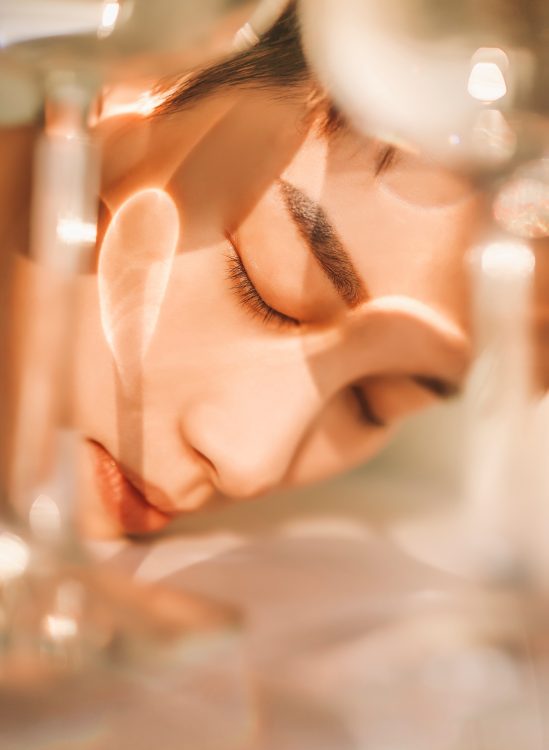
What happens if you use too much retinol?
Using a retinol that is too strong for your skin, or using it excessively to the point that your skin cannot handle it, may lead to peeling of the skin and other clear signs of irritation.
In terms of the amount you use on each application, this is quite hard to overuse with. As mentioned, your skin should be covered but not soaking in retinol. If you do use a lot for each application, this shouldn’t make a difference but it will be a waste of your product.
If you are applying it too frequently, or if it is too wrong, your skin may peel, itch, and can become excessively dry.
Although it may seem like this may be when to stop using retinol, if you reduce your usage to your daily skincare routine and lower the strength then there is no need to stop incorporating retinol into your routine.
How often to use retinol really depends on your skin type. You should allow some time for your skin to adapt to retinol, which may have some redness and dryness in the first couple of weeks. Lower the strength if this does not go away. If you continue to experience this on a low strength, this may be when to stop using retinol.
Overusing Retinol – Final Thoughts
Retinol really can be the gamechanger when it comes to preventing fine lines and having clear, blemish free skin.
It is important to use it regularly and at a correct strength to avoid harsh side effects. Understanding the side effects is important. You may need to consider other products, like SPF, to ensure the sensitivity caused by retinol does not cause damage from the sun.
How often to use retinol is dependent on you personally. But part of a daily routine is the best way to go about it and to ease yourself in with a low strength.
Long-term use of retinol has not been proven to have any negative side effects. It is in fact extremely common and normal to use retinol for as long as you can once you have started.
So, ensure you start off easy and let your skin adapt. Before you know it, retinol will be your best friend! It is easy, reliable, and can be adapted to suit your best needs and skin type!
More reading for you:
Can you overuse Retinol – FAQs
Once you begin using retinol you can continue to use it for as long as you desire. It is important to use the correct strength and to ease your skin into the routine to avoid irritation. If you do experience any irritation then try lowering your strength. If this does not work you should speak to a professional or consider an alternative product.
If you use retinol regularly and experience no issues then there is no need to take a break. Consider it similar to a moisturizer. If you do experience problems with retinol then you can take a break from it and try an alternative product. Taking long breaks from retinol may cause your skin to build up more sensitivity to the product so if you do decide to go back to it then make sure you start with a lower strength and slowly get your skin used to it again.

